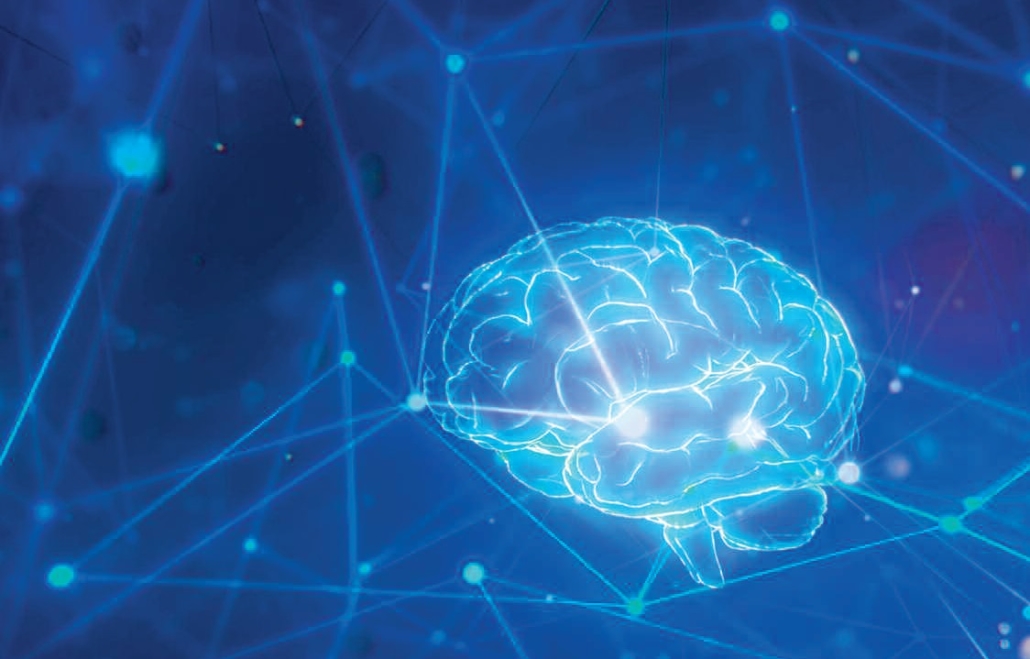FOR YOUR HEALTH: New Brain Health Initiative Could Unlock Mysteries Of Alzheimer’s, Dementia

 (NAPSI)—Scientists are contemplating important questions about health, mind and age: Could your blood hold the molecular secrets to a fountain of youth, preventing age-related brain disorders? Are brain aging and Alzheimer’s disease caused by a failure of interconnected systems, triggering a dominolike cascade of disease? Can targeting the red blood cells and blood vessels jointly keep your brain healthy and prevent dementia?
(NAPSI)—Scientists are contemplating important questions about health, mind and age: Could your blood hold the molecular secrets to a fountain of youth, preventing age-related brain disorders? Are brain aging and Alzheimer’s disease caused by a failure of interconnected systems, triggering a dominolike cascade of disease? Can targeting the red blood cells and blood vessels jointly keep your brain healthy and prevent dementia?
The Problem
As people live longer, Alzheimer’s and other age-related dementias are on the rise, projected to reach more than 75 million people worldwide by 2030. To date, no effective therapy has been developed for these disorders, which are not only deadly but exact a high financial and emotional toll on society.
The Research
To find solutions, three large-scale research teams are exploring those questions as part of an initiative to merge research of the brain and the blood vessels to develop new understanding of—and, ultimately, better preventions and treatments for—age-related brain disorders such as Alzheimer’s disease.
The Scientists
To help, American Heart Association, the world’s leading voluntary organization focused on heart and brain health, and The Paul G. Allen Frontiers Group, a division of the Allen Institute, launched the $43 million research project to bridge the science of vascular and brain health through revolutionary, out-of-the-box thinking. Additional supporters include the Oskar Fischer Project and the Henrietta B. and Frederick H. Bugher Foundation.
The three teams, headquartered at the Salk Institute for Biological Studies in La Jolla, Calif.; Stanford University School of Medicine in Stanford, Calif.; and University Hospitals Cleveland Medical Center in Cleveland, OH, respectively, work to develop new solutions to the urgent problem of age-related cognitive decline. The researchers are:
- “Rusty” Gage, Ph.D., a neuroscience researcher and president of Salk, who will lead an eight-year project looking into new targets for therapeutic research and biomarkers of early-stage cognitive decline.
- Tony Wyss-Coray, Ph.D., a professor of neurology at Stanford, who will lead a four-year project studying how changes in the immune system affect cognitive health.
- Mukesh K. Jain, M.D., a cardiologist at University Hospitals Cleveland Medical Center and Professor of Medicine at Case Western Reserve University, who will lead a team of investigators on a four-year project investigating whether targeting red blood cells and blood vessels can prevent dementia.
The Hope
The research could yield transformational discoveries to better detect, treat and prevent cognitive decline.
Responsible journalism is hard work!
It is also expensive!
If you enjoy reading The Town Line and the good news we bring you each week, would you consider a donation to help us continue the work we’re doing?
The Town Line is a 501(c)(3) nonprofit private foundation, and all donations are tax deductible under the Internal Revenue Service code.
To help, please visit our online donation page or mail a check payable to The Town Line, PO Box 89, South China, ME 04358. Your contribution is appreciated!


Leave a Reply
Want to join the discussion?Feel free to contribute!